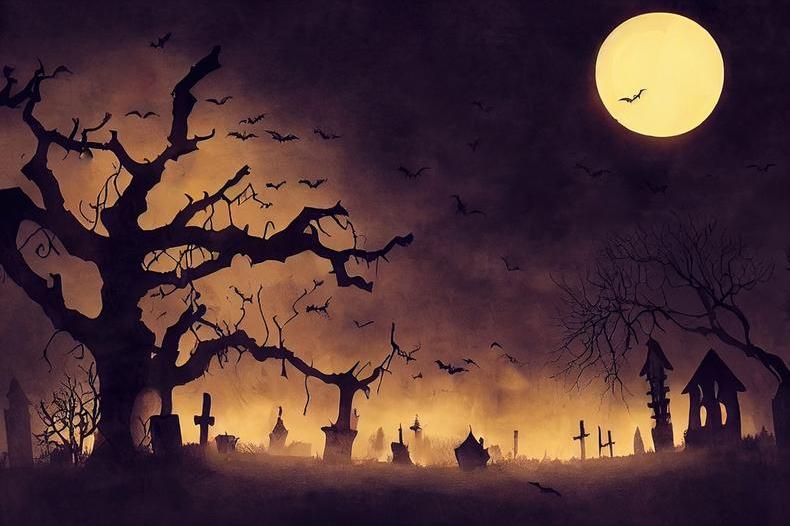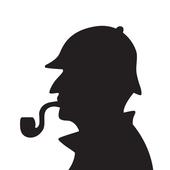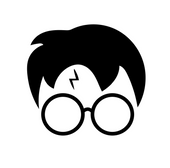Intellectual property bites: trade marks and Dracula
Bram Stoker’s 1897 novel Dracula has never been out of print, and has sunk its teeth deep into popular culture – but how does its intellectual property work?

We explore some of the key questions around one of the best known, and spookiest, characters:
Who owns the rights to the name DRACULA, if anyone?
The natural and instinctive answer would be the estate of Bram Stoker, the creator of the fictional character and author of the novel Dracula, which was published in 1897. But it is not quite as simple as that!
When we talk about “rights” in a name, what do we actually mean?
In the UK the strongest rights in a name will usually originate from trade mark registration.
This is a system of registration available in order to gain a monopoly, and be in a position to stop others from using in the course of trade the same or a similar name in relation to the same or similar goods/services.
However, this only applies where the third party use is likely to result in customer confusion.
If the owner of a registered trade mark can prove reputation in the mark registered, the rights they have against others can be broader still.
Rights can also originate through trade mark use of a name, if it is possible to prove that enought customer goodwill has developed in connection with the name.
This is enforceable in situations where others are using a name that is could deceive customers and cause damage to the rights owner’s business / goodwill (called the law of passing off).
To be registrable as a trade mark, a sign must be capable of distinguishing the goods/services from one business undertaking from those of other undertakings.
Obviously, descriptive words are unlikely to stand out to consumers as being an indicator of trade origin – rather they are likely to be seen in a descriptive way – and they should be free for all to use to avoid one party gaining an unfair monopoly.
Generic words – e.g. soap for soap, are unregistrable for the same reason.
“Non-distinctive” words also are unregistrable, because the belief is that consumers wouldn’t actually use them to ascertain the trade origin of a product or service.
For instance, the slogan “the best there is” is likely to be viewed as promotional and therefore unregistrable as a trade mark.
Bearing all that in mind - could someone register the name DRACULA as a trade mark and then be in a position to stop others from using the name in the UK?
Technically yes – some already have - but there are restrictions on it!
The UK Intellectual Property Office Manual of Trade Marks Practice – the online bible for the trade mark examiners at the UK Intellectual Property Office who are responsible for examining trade mark applications to ensure they comply with the requirements of the UK Trade Marks Act 1994, says the following about registering the names of famous fictional characters such as DRACULA:
“the names of fictional characters/stories will be accepted prima facie unless they are well known to the extent that they have passed into common language and culture.
The level of recognition, fame and historical use associated with some fictional names means that they are unlikely to be perceived as indicators of trade origin.”

An example given in the manual is ‘SHERLOCK HOLMES’ – said to be “a name that has been used by many traders over the years in order to describe both a series of stories and a character that appears therein”
Because of the extent of its use, today’s relevant public would not expect products bearing the name ‘SHERLOCK HOLMES’ to originate from the estate of Arthur Conan Doyle.
The Manual states that if someone applied to try to register SHERLOCK HOLMES in relation to books and films, then they could expect to receive objections based on the application having no distinctive character.
However, if someone applied to register SHERLOCK HOLMES for bananas or wedding dresses that would be registrable, due to the goods having no connection at all to the character.
Existing Rights in DRACULA
Considering this guidance in the context of the name Dracula, a very quick identical-only search of the UK Trade Marks Register against DRACULA revealed a number of live registrations, including:
- Universal City Studios LLC owns a trade mark for DRACULA, covering paper, book covers, book marks and various other stationery goods, various clothing goods, and miniature vehicles, kites, skateboards and roller skates.
Originally, Universal City Studios LLC had also sought protection for “books” and “printed publications” “fancy dress costumes” and “face masks”, as well as “toys”, “playthings”, “dolls”, “puppets”, “figurines being toys” – all “relating to the fictional character Count Dracula”.
These goods were deleted from the applications during the examination process, very likely due to the famous nature of the character Dracula and the inability of the word mark to indicate trade origin to consumers.
It is however interesting that “book covers” was allowed to remain.
Book covers can be the plastic protective cover that people apply to books to preserve their condition, but according to Wikipedia Book cover - Wikipedia a book cover is any protective cover used to bind together the pages of a book.
Book covers are an inherent part of books themselves, and so it might be a bit of an anomaly that this term was allowed to remain.
It would very likely be interpreted as book covers themselves, separate and independent from any books.

TV Entertainment Reality Network B.V owns this trade mark covering software and various other audio visual recordings, files, videos, and DVDs in Class 9, clothing, footwear and headgear, entertainment, production of tv shows and movies.
The fact that this registered at first glance appears to be very interesting, as this covers the book, TV and film-related goods and services that you would expect to be problematic.
The explanation could be – this is actually a right which was automatically created in the UK from an EU trade mark as a result of Brexit.
In the EU, the same rules and guidance are not necessarily applied as in the UK, and so the EU trade mark application would have been examined to check whether the mark was capable of indicating trade origin, distinctive as a trade mark, and not descriptive.
We’d certainly expect a word mark application for DRACULA to run into objections, but the fact that this mark is stylised would have worked in its favour.
However, the font is a standard Gothic-style font that you would expect to associate with Dracula, and the bat is of course a major part of the Dracula myth and not particularly stylised, and so the “extra” elements in this stylised mark aren’t particularly distinctive.
At first glance therefore, the owner seems very lucky to have been able to register the trade mark!
On closer digging – it’s clear the owner actually couldn’t claim any rights in the word DRACULA itself.
Therefore, the only thing that can be protected for this brand owner is the visual appearance of the mark.
This does not give the owner the right to stop others from using the word DRACULA unless the appearance of how it’s being used is visually identical or virtually identical to the version registered.
Could Bram Stoker have registered the DRACULA name before it became famous, and then had all of the rights?
Theoretically yes – the first ever UK trade mark was registered on 1 January 1876 under the Trade Marks Registration Act 1875, and Bram Stoker’s Dracula novel was first published in 1897, so there was a system of trade mark registration in place.
Filing early (and enforcing the rights) could have prevented the name from passing into common language and culture.

A good example of this is HARRY POTTER, with the name being protected very broadly for books, films and all sorts of other merchandise.
Books, films and toys bearing the name HARRY POTTER would instantly be expected by consumers to be genuine and official products – the name clearly acts as a badge of trade origin.
Furthermore, the first UK trademark application for HARRY POTTER was filed in September 1998, only a year after the first book Harry Potter and the Philosopher’s Stone was published, and before the name could be anywhere near being considered to have passed into common language and culture.
However, various rules around a trade mark having to be used in the form registered and in relation to the goods/services registered (and films and TV shows not actually existing at the time that Bram Stoker wrote the novel) means any valid rights would realistically have been confined to books.
That isn’t to say that additional registrations for films and television programmes could not have been sought at later dates (and once the television had been invented in 1927)!
To protect how your brands and ideas are remembered and treated within popular culture, the best thing to do is to register them early.
To get the process started, click here to start your search for a Chartered Trade Mark Attorney.

